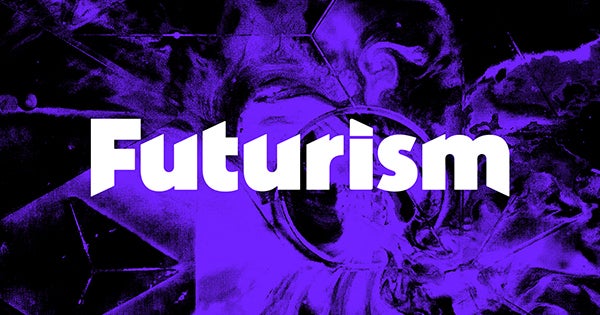
Advancements in futuristic health science and technology are increasingly redefining what is possible in medicine, human health, and wellness. The integration of cutting-edge technologies such as artificial intelligence, biotechnology, and regenerative medicine brings about a transformation in healthcare delivery and scientific research.
One of the most significant areas of innovation is in personalized medicine. Scientists are leveraging genomic data and machine learning algorithms to create tailored medical treatments that are specific to an individual’s genetic makeup. This approach enhances the effectiveness of medications, reduces side effects, and opens new avenues for preventing diseases before they manifest.
Artificial intelligence (AI) is also playing a prominent role in diagnostics and treatment planning. Algorithms trained on large datasets can now detect diseases in medical imagery, such as X-rays or MRIs, often with greater accuracy than human professionals. Additionally, AI is streamlining administrative workflows in hospitals, freeing up resources for patient care.
In the realm of regenerative medicine, researchers are making strides in biofabrication and tissue engineering. Techniques like 3D bioprinting are used to create scaffolds for tissue regeneration or even produce organ components. This could eventually lead to lab-grown organs that reduce the dependence on transplants.
Wearable technology and health monitoring devices are becoming more sophisticated, allowing individuals to constantly track physical activity, heart rate, glucose levels, and other health parameters. Coupled with telehealth platforms, these tools empower patients to proactively manage chronic conditions and consult with healthcare professionals from the comfort of home.
Furthermore, futuristic tech such as neural interfaces and brain-computer interaction is beginning to support patients with disabilities, enabling new forms of communication and control for those suffering from neurological disorders.
Looking ahead, the fusion of data science, molecular biology, robotics, and nanoengineering promises a more predictive, preventative, and personalized healthcare ecosystem. While ethical and regulatory challenges persist, the pace of innovation underscores a future where science fiction concepts rapidly become medical reality.
As these developments continue to unfold, societies around the world must prepare for the broader implications, including access to advanced treatments, privacy considerations, and transforming medical education to equip professionals for a technology-rich environment.
Source: https:// – Courtesy of the original publisher.








